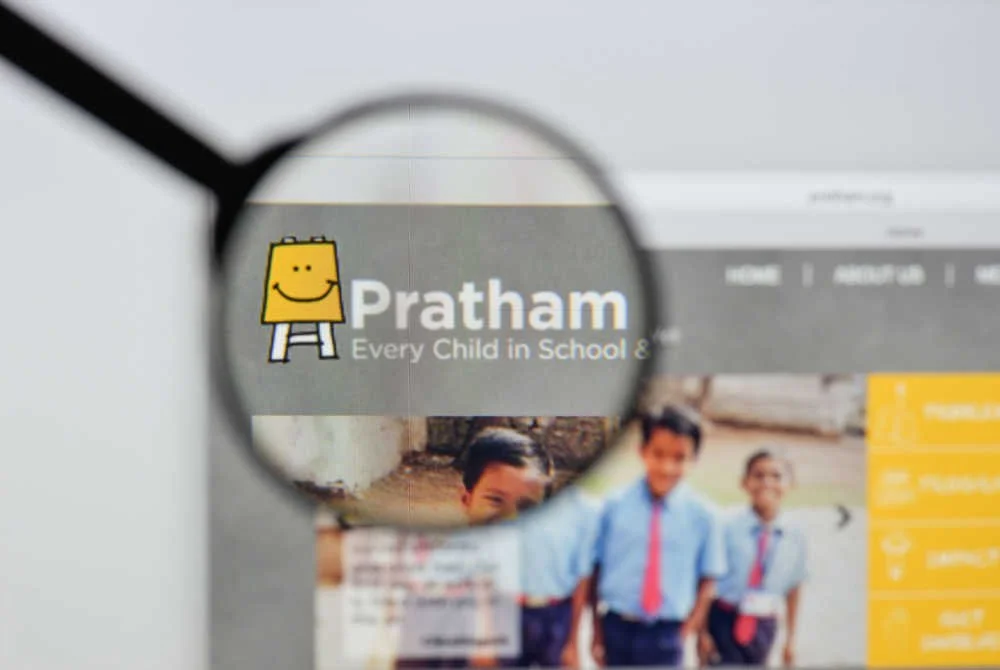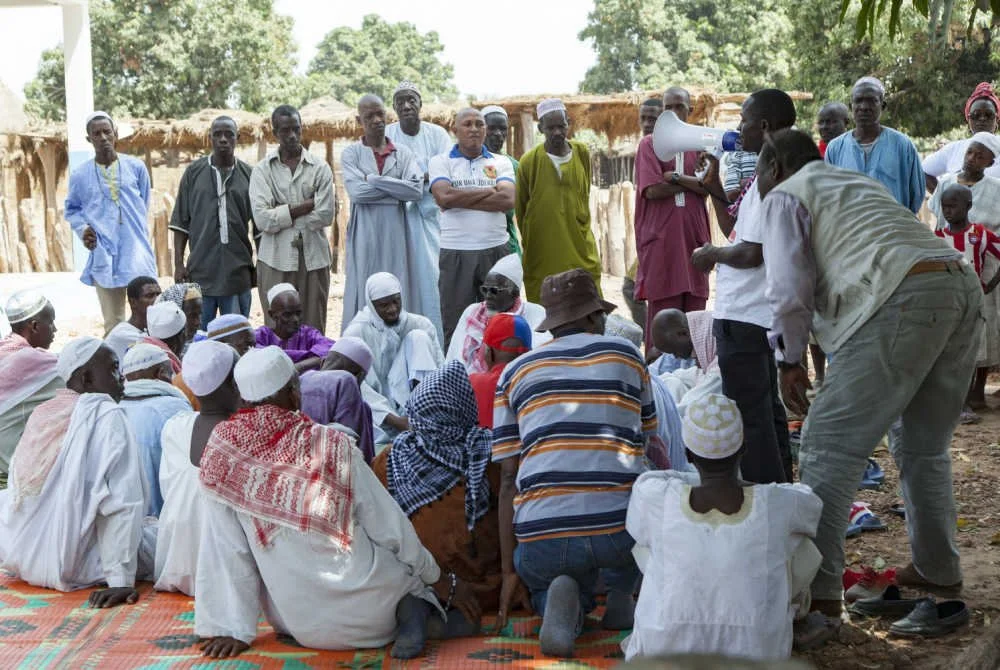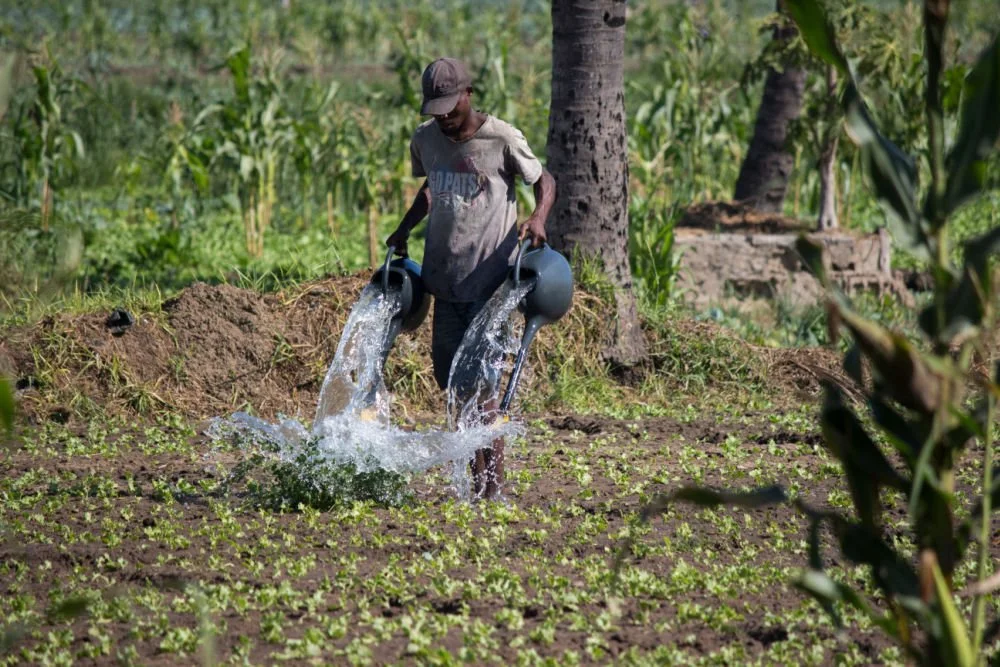The Critical Country: Foundations and the Struggle for Nigeria
/A slum in lagos, which has a population of 21 million
American foundations have sought to improve life in Nigeria—Africa's most populous country—for at least a half-century, and the Ford Foundation was one of the first funders on the scene, opening an office in Lagos in 1960.
It's been hard work. Today, Nigeria is among Africa’s most fragile states, according to a 2016 ranking. The country has lately been buffeted by plunging oil prices, the ongoing Boko Haram insurgency, and endemic political conflict. These problems have stymied the country’s economy and impeded foreign investment. And now, in northeastern Nigeria, some three million people who've been displaced by Boko Haram face a devastating famine.
On the upside, Nigeria is also the focus of many promising efforts to boost the socioeconomic and health prospects of poor Africans. A number of foundations are investing heavily in work that aims to curb infectious diseases, improve child mortality, create new jobs, enhance reproductive rights, reduce corruption, and more. There's wide recognition that Nigeria's well-being is critical to Africa's future as a whole.
At the top of the list of funders working in Nigeria is the Gates Foundation, which in 2016 alone spent a remarkable $250 million for health and development efforts across the country.
Gates funding for Nigeria-based projects goes back to the foundation's earliest days. In 2000, the foundation awarded Harvard University a $25 million grant to back the AIDS Prevention in Nigeria (APIN) program.
For a decade, Gates Foundation funding in Nigeria followed an up-and-down pattern, with funds flowing for various projects. It wasn’t until 2012 that the foundation really ramped up its grantmaking to the country. That year, Gates awarded over $190 million in grants for projects related to polio, water, sanitation and hygiene, agricultural development, and healthcare. Gates’ commitment to Nigeria has continued on an upward trajectory.
This massive investment has fueled some positive trends in Nigeria, including a major reduction in mortality rates for children under five, big gains in child vaccination rates, significant success toward eradicating polio, and an increase in women using contraception. Gates is also supporting a growing push in Nigeria to improve people's access to financial services, which is a key to economic development, as well as efforts to boost the country's agricultural sector. (It's not clear how effective the foundation's grantmaking in these areas has been.)
In addition, Gates has given more than any other U.S. funder to bring relief to refugees of Boko Haram, as we've previously reported.
Related: Here’s One Funder That Hasn’t Forgotten Nigerians Fleeing Boko Haram
Another funder with an eye on Nigeria is the Omidyar Network. A key focus of its work has been to improve Nigeria's famously corrupt governance. Most recently, Omidyar renewed its investment in the government transparency outfit BudgIT by offering up to $1.5 million in funding to increase BudgIT's organizational capacity and expand its work into the capital city of Abuja. Incidentally, the Gates Foundation is also a big supporter of BudgIT, having awarded the outfit a $1.4 million grant in 2016. That grant funded efforts to increase the availability of Nigeria’s budget data at the state and federal levels.
Related: Follow the Money: Why Omidyar Is Behind a Push for More Transparent Budgets
Another funder keen on helping the Nigerian people is the MacArthur Foundation, which has been making grants in the country since 1989 and has an office in Abuja.
When MacArthur restructured recently, one of its changes was to focus on “big bets,” and Nigeria has emerged as a place where it's doubling down. Mac is zeroing in on increasing government accountability and transparency while reducing corruption and strengthening anti-corruption efforts. In 2016, the MacArthur Foundation awarded nearly $9 million in grants to organizations across the country.
Recently, the foundation made a sizable $5 million commitment to back journalism and media outfits in order to advance anti-corruption efforts. The funds were divided between Bayero University to support an investigative journalism curriculum; Cable News Paper to back work informing the public about issues related to corruption, and the Daily Trust Foundation to strengthen its journalistic and media capacity to conduct “high-quality investigative and data-driven journalism.”
Meanwhile, let's not forget about the Ford Foundation, which remains committed to grantmaking in Nigeria, as well as West Africa broadly, after its own restructuring; the foundation still has an office in Lagos. Ford's work in the region now tracks with its broader goal of reducing inequality in "all its forms," with grantmaking spread across a range of issue areas, such as reproductive rights and gender equity, and economic empowerment and inclusion. Overall, Ford made $7.1 million in grants in West Africa in 2016.
A number of other foundations also are engaged in Nigeria, including the Hewlett foundation, which has funded work on reproductive rights and governance in the country, and the Open Society Foundations, which, among other things, has funded significant work around oil revenues, through its project Revenue Watch. The Rockefeller Foundation is investing in Nigeria, too, with major grants in recent years to reduce post-harvest crop losses and expand digital job opportunities for young people.
Another important player in Nigeria's philanthropic mix is the Children’s Investment Fund Foundation (CIFF), a funder that's been homing in on malnutrition—specifically, severe wasting. In 2015, CIFF awarded the Community Management of Acute Nutrition in Nigeria project a $45 million grant to treat 1 million children for severe wasting over the next five years. The foundation expects the grant to treat 250,000 children across 11 states in northern Nigeria every year by providing ready-to-use therapeutic foods and basic healthcare services. CIFF also awards sizable grants to other health organizations taking aim at deworming, pediatric HIV, and maternal and newborn health.
Finally, it's worth mentioning the billionaire Robert Smith’s recent pledge to foot the education bill for 24 Chibok girls, including 21 who were released by Boko Haram in October 2016. Smith, who earned his fortune on Wall Street, directs much of his personal philanthropy toward education, while his Fund II Foundation focuses its attentions on human rights.
Related: The Wall Street Billionaire Who Just Made a Major Promise to the Girls of Chibok





























